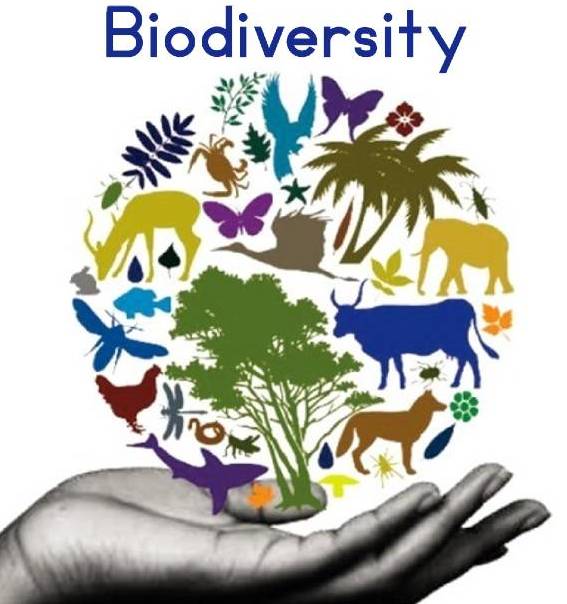The Alliance for Food Sovereignty in Africa (AFSA) recently held a press conference, where a briefing paper was released, revealing how AGRA, formerly the Alliance for a Green Revolution in Africa, is allegedly using its outsized power to exert undue influence on local, national and continental policy-making, panelists have observed.
The briefing paper, “Pulling Back the Veil: AGRA’s Influence on Africa’s Agricultural Policies”, indicated how AGRA uses strategic financial backing and embedding of consultants in government institutions to entrench industrial models detrimental to farmers.
The paper bolsters African faith leaders’ demand for reparations to the Gates Foundation, AGRA’s main funder, ahead of the ‘Africa Food Systems Forum’, taking place in Kigali, Rwanda, where AGRA and its funders are expected to push their agenda further.
“The Green Revolution is a mirage; it’s colonisation in disguise promoting capitalism from the global North to continue controlling our food systems, environment, well-being, and livelihoods”, said Sarah Haloba from the Zambian Governance Foundation, adding that despite the reported documented failures of its own initiatives, AGRA continues to undermine democratic processes by attempting to co-opt and dilute efforts by farmers advocating for agroecology, as this was clearly visible in Vihiga County in Kenya, where an AGRA affiliate, the Food and Land Use Coalition (FOLU), infiltrated the final stages of a regional agroecology policy that had been two years in the making.
“They (FOLU) have been absent in meetings, but suddenly, they are included in the policy texts now, along with terms such as ‘climate-smart’ and ‘agri-food systems’.
It is clear they are pulling strings behind the scenes”, said Ferdinand Wafula, founder of Bio Gardening Innovations (BIOGI), who had been part of the process.
We can’t trust AGRA, the agent of industrial agriculture, to drive the agroecology agenda”, he said. At the continental level, AGRA’s involvement extends to the Post-Malabo process, a key policy initiative, led by the African Union (AU), aiming to shape Africa’s next decade of agriculture. This included funding critical meetings, such as the gathering in Lusaka.
“Throughout the meeting in Lusaka, the sway of these Western entities in driving the process was palpable, overshadowing the voices of African farmers, civil society, and grassroots organisations”, wrote Million Belay, General Coordinator for the Alliance for Food Sovereignty in Africa in a recent article in African Arguments.
The recent report by the African Centre for Biodiversity (ACB), has highlighted Zambia, as a prime example of the disastrous outcomes of Green Revolution initiatives.
Zambia’s food system is on the brink of collapse, as six million households are at risk of hunger after Zambia’s maize production fell by 50% following a devastating drought.

The report cites synthetic fertilizer use and monocultures, as the main drivers of soil acidification, soil infertility and biodiversity loss, which increase vulnerability to climate shocks and pest attacks.
This reflects the disturbing pattern across the continent where up to 80% of Africa’s cultivated land is already degraded, which will only worsen with Farm Input Subsidy Programmes (FISPs).
For Mary Sakala, a Zambian farmer and chairperson of the Rural Women’s Assembly, her firsthand experience with the devastating impacts of these policie, saying “We used to grow diverse crops. But now, governments and agribusiness have pushed farmers into monoculture that depends on inputs. Their programmes have made us all vulnerable”.
Rather than changing course, the Zambian government is said to be following the lead of the Gates-funded AGRA by expanding its commitment to large-scale chemical-intensive farming, including possibly adopting UPOV standards, Union for the Protection of New Varieties of Plants, which will further deteriorate farmer sovereignty.
In demanding for reparations from the Gates Foundation for Reparations, African faith leaders publicised their letter to the Gates Foundation by demanding reparations for the alleged extensive damage caused by AGRA’s aggressive push for industrialised agriculture.
“AGRA and the Gates Foundation, as well as seed and agrochemical companies; they are false prophets of food security.
They claim to be messiahs for the hungry, but have failed to deliver. Their industrial approach degrades soils, destroys biodiversity, and places corporate profits over people. It is immoral.
Gates and big agribusiness are playing God”, Bishop Takalani Mufamadi said, who endorsed the letter by the Southern African Faith Communities’ Environment Institute (SAFCEI).
The forum then called on the Gates Foundation and other funders to immediately cease funding AGRA, and to provide reparations by resourcing agroecology initiatives and community-led efforts, namely: scaling up the organic input supply chain, participatory farmer-led research, and community seed banking.
In conclusion, “It’s time for international funders to transition towards agroecology through respecting and supporting locally defined holistic approaches in Africa, by Africa”, Faith leaders said.
The Alliance for Food Sovereignty in Africa is at the centre of calling for urgent resistance against the corporate-driven agricultural model prioritising profit over people and the planet.
The alliance enjoins stakeholders to ensure that policy decisions reflect Africa’s farmers’ needs, not the interests of multinational corporations based on the principle that the future of African agriculture should be guided by those, who cultivate the land.
AFSA is Africa’s largest civil society movement, bringing together farmers, pastoralists, fishers, indigenous people, faith groups, women’s movements, youth and consumer associations in a united voice for food sovereignty on the continent.
It is also a network of networks operating in 50 African countries, reaching 200 million people.
.

